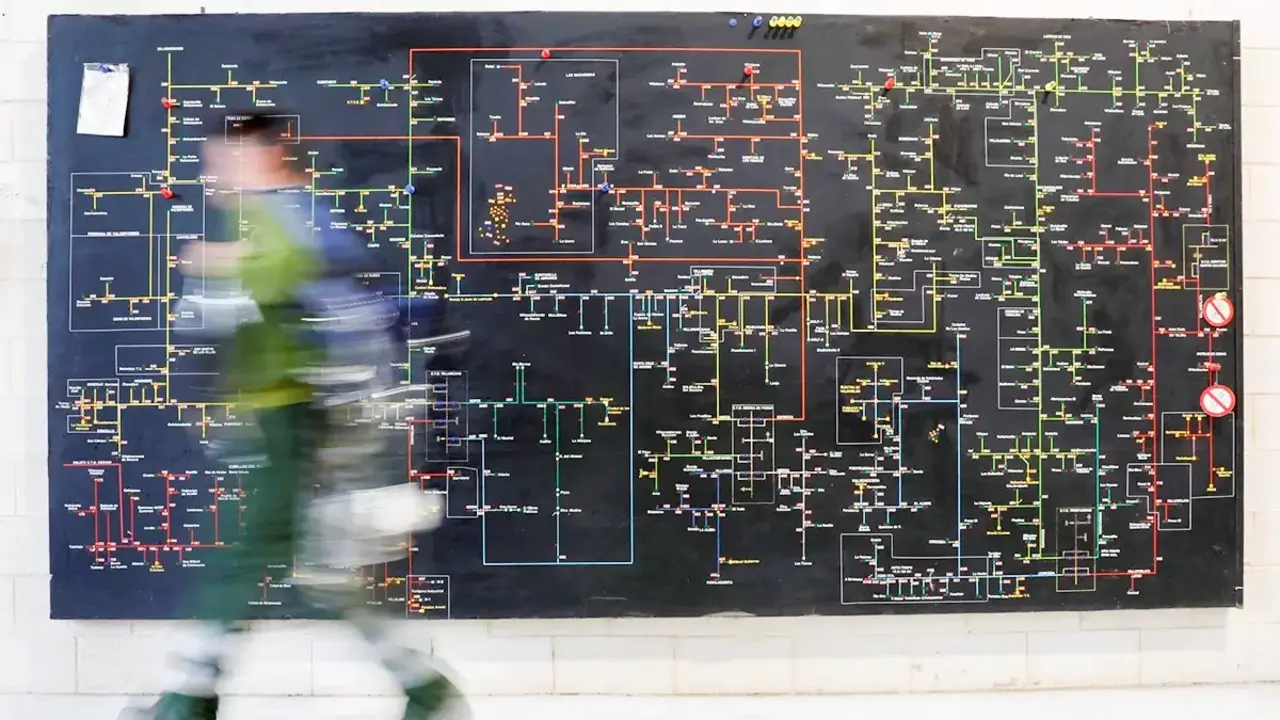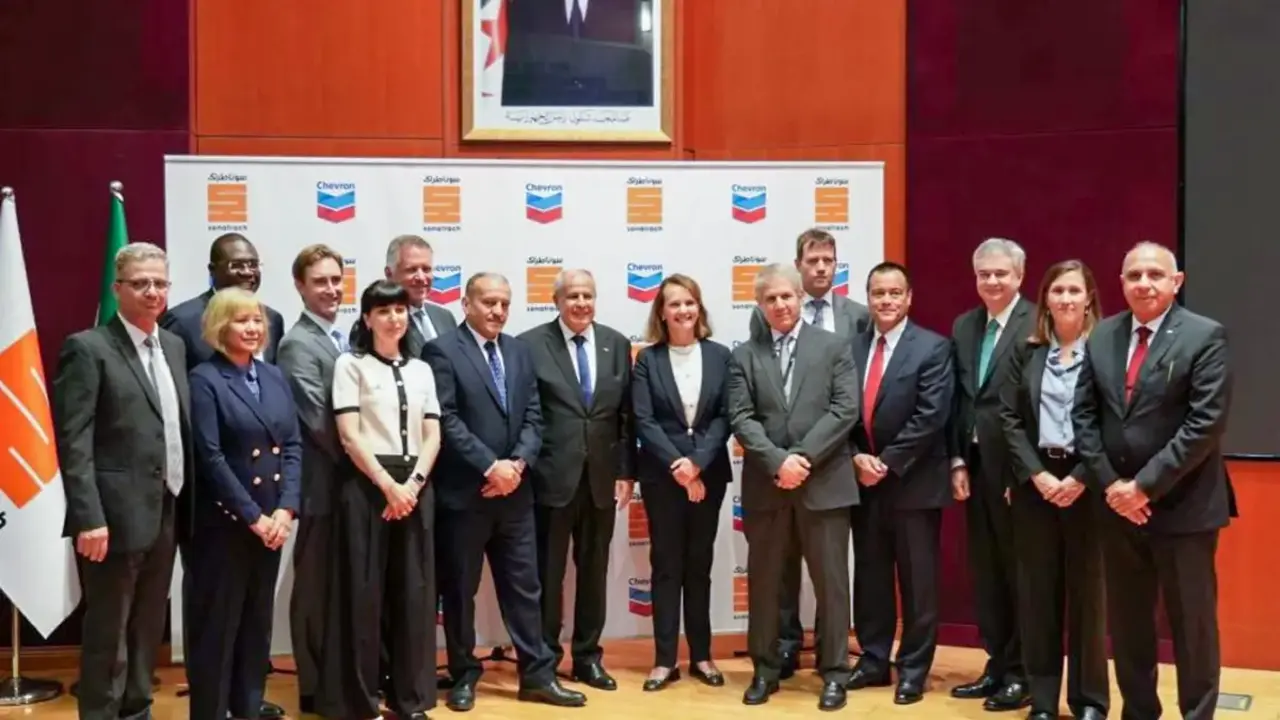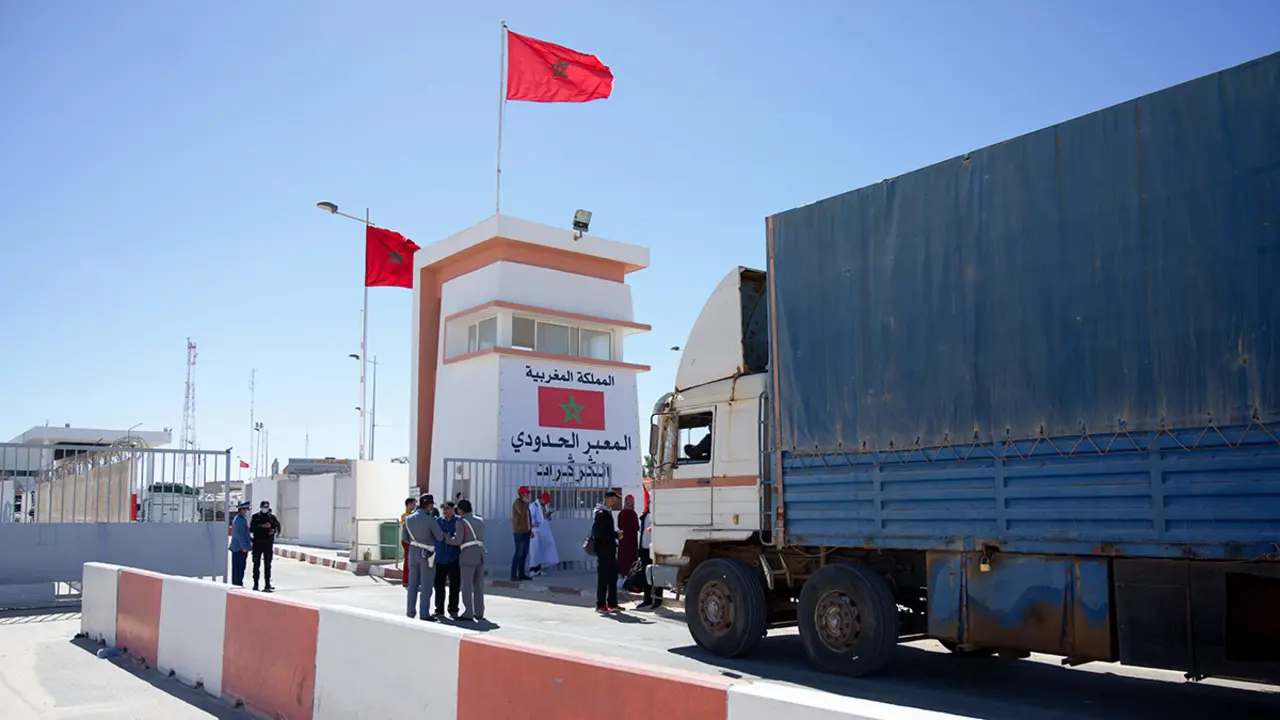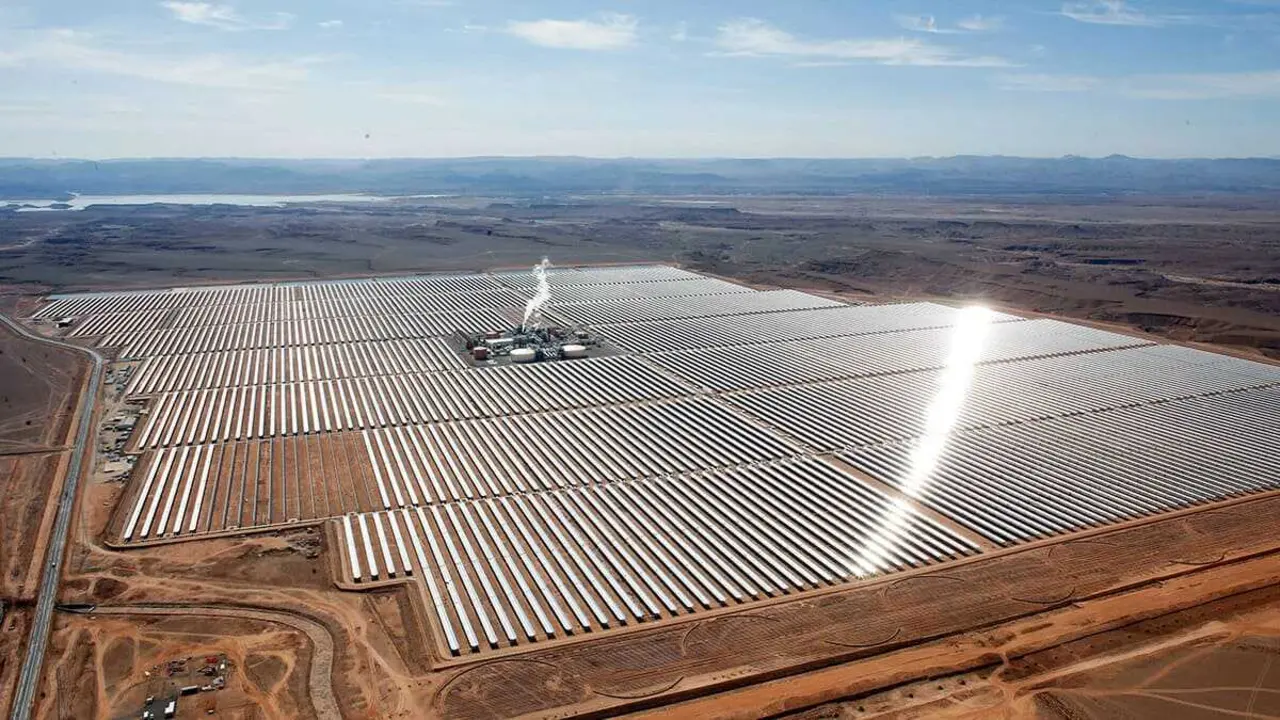The cooperation between Argentina and Israel encourages the creation of the National Sustainable Irrigation Plan

The governments of Argentina and Israel have worked together to develop a strategic plan to promote the sustainable use of irrigation, biotechnology and food certification.
The Argentine Minister of Agriculture, Livestock and Fisheries, Julián Domínguez, and his Israeli counterpart, Oded Forer, met to define the work agenda within the framework of the scientific and technological cooperation mission to Argentina.
The meeting between nations was also attended by Galit Ronen, Israel's ambassador to Argentina, who collaborated in the creation of the National Sustainable Irrigation Plan presented by Julián Domínguez, which "seeks to increase production, generate more added value, expand exports, improve yields and optimise the use of water," said the Argentine minister.

"In Argentina there are around 2 million hectares under irrigation, which produces 13% of the country's agricultural product. We have a great potential for improvement since only 5% of the cultivated area is under irrigation," Domínguez remarked.
The communiqué issued by the Argentinean Ministry pointed out that "currently, the first stage of the National Sustainable Irrigation Plan has begun to be implemented. In this section, some 1.4 billion dollars will be invested among the 21 projects that are being deployed in the 12 provinces, with an irrigation potential of 340,000 hectares and a zone of influence of 1 million productive hectares. The initiative contemplates the productive strengthening of 119 areas throughout the country".
A Partnership for Cooperation
The technical team responsible for the rural portfolio indicated that Argentina's goal is to reach 200 million tonnes of cereals and oilseeds by 2030, demonstrating Argentina's commitment to "being part of the solution to global food security, since our agriculture and livestock is part of the solution to the problems of food insecurity and the environmental and climate challenges facing the world".
Argentine Minister Julián Domínguez pointed out the importance of the agreement established with Israel, which will allow Argentina to export 30,000 tonnes of beef free of tariffs per year, achieving "a mechanism of stability for bilateral trade that will provide predictability to producers and industry in a strategic market for our beef exports".

"We are united by historical, cultural and cooperation ties and we want to consolidate Argentina as a reliable supplier to the Israeli market of food products of the highest quality and safety," added Domínguez.
During the past 2021, exports between the two nations reached a value of 366 million dollars, 27% more than the previous year. Of the total exported, 99.7% corresponds to products from the agro-bioindustrial sector.
Coordinator for the Americas: José Antonio Sierra.








